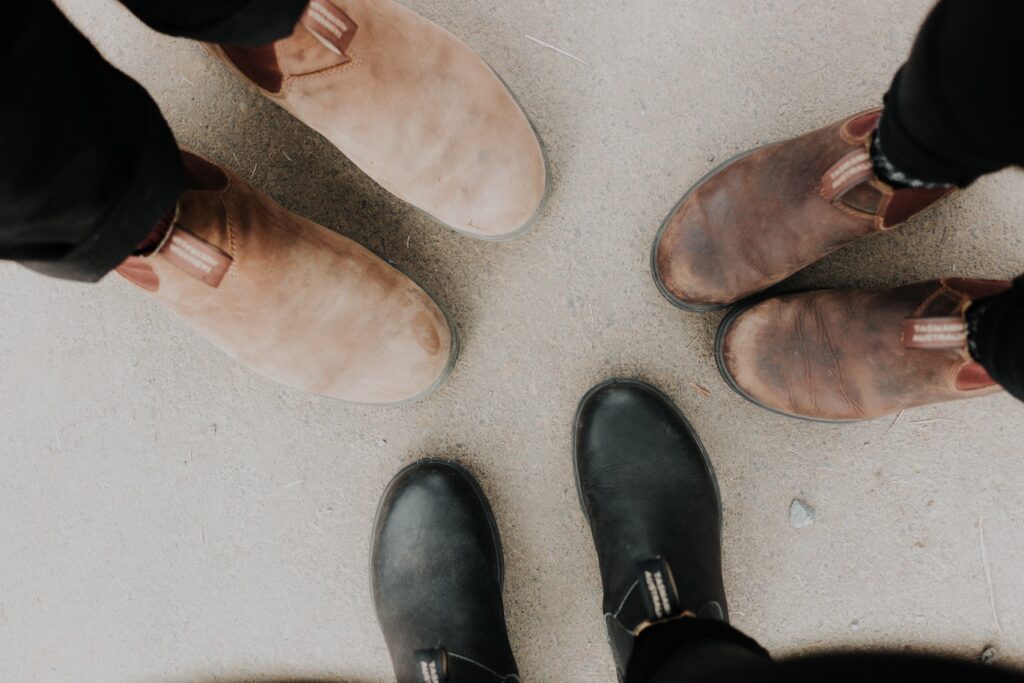
It’s different, I get that. It requires a different mindset and different structure. I get that too. And it is hard to set up in most context, especially the humanitarian ones we work in. Yes, I also get that. And yet, I still think we should consider data stewardship models which included collective data ownership and control. Why?
Here are three reasons that come to mind.
Who’s at the centre?
First and foremost, humanitarian action should be about the people affected not the people helping. Therefore, the data about the people we are assisting and in fact the data about the assistance should not be controlled solely by those helping. Sure, we need some data to help us help better, more targeted, more efficiently. I get all that. And yes, we need to consider safety, security, protection, privacy and so on, but this is not the sole realm of people helping. People affected can play an active role in all of this.
Think Long Term
Secondly, and building on the first. We won’t be around in the long term. Hopefully the people affected will be, their communities will be, and so on. But we as the humanitarian community won’t be. We will move on. Move to the next crisis, the next disaster. We always do. Therefore, we need to think long term, beyond ourselves. We also know that our staff and organisations change and so does our intent. Just like the ‘T&Cs’ of companies change, so do ours. We can change our ‘T&Cs’ and then use data about people and contexts in ways we never intended to when it was collected. And when we are the sole ‘owners’ of the data, the people about whom the data have no say. They don’t even need to be consulted. Collective ownership can help (but does not guarantee) keep the data rooted in the place and people from which it is.
Agency & Dignity
Thirdly and lastly, often in humanitarian contexts, the people affected have lost or been stripped of a sense of agency. In some contexts, this last a long time, in others it is more short term. How we, as humanitarians, those helping, respond and interact with those affected can contribute to furhter stripping of agency and dignity or to restoring it. When we harvest their data, ship it out of the country, do not offer any access or alternatives to the people afftected, we are not helping to restore their agency. Sadly, this isn’t even part of our discussions. And yet, we all know that the ability to contribute to decision making about the things that affect our lives is a key part of the agency of a person. Collective ownership or control could help with this.
Collective data ownership is not the silver bullet for all our challenges. And frankly, would likely create new challenges. However, our current models focus on us and the short term. It’s time to take our gaze off ourselves and think long term. We are not, and should not, the centre of humanitarian responses. The people affected are and will be there long after we’ve left. It’s time for us to design our systems in this way.
The choice is up to us.

0 Comments